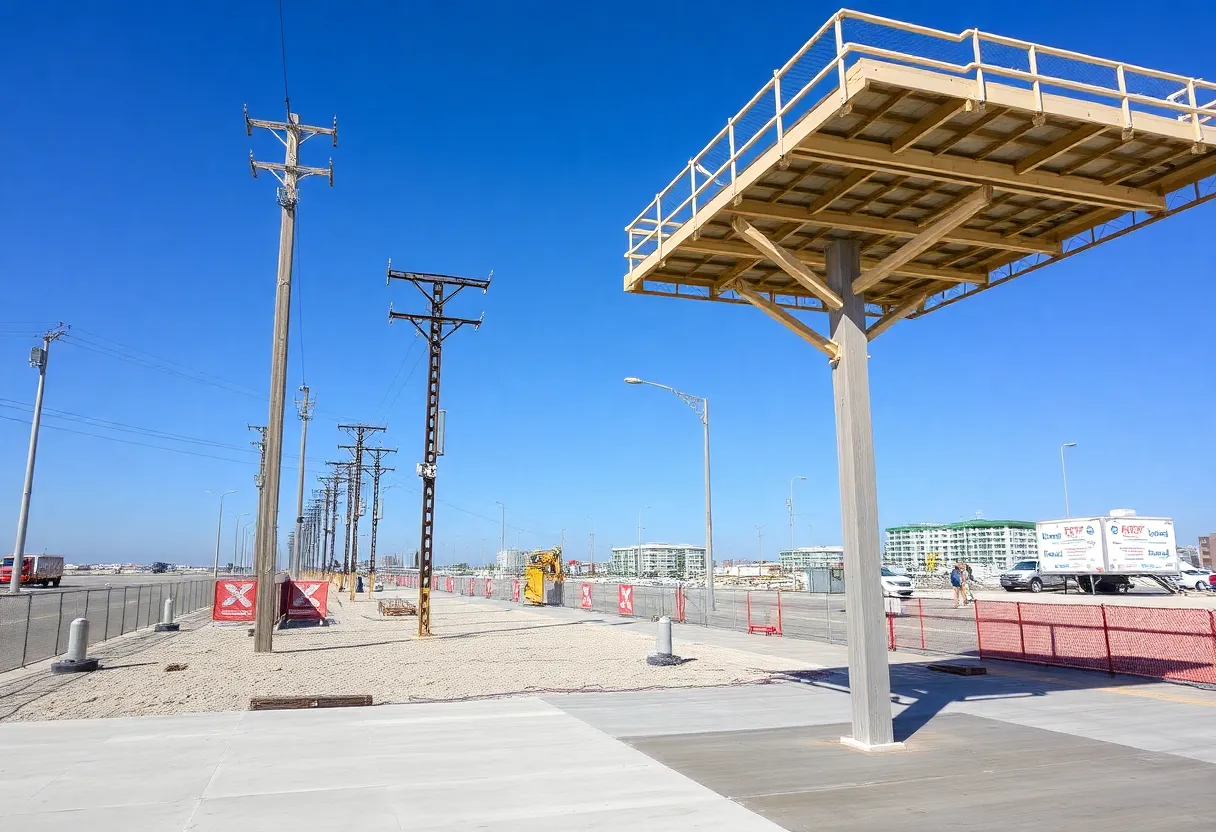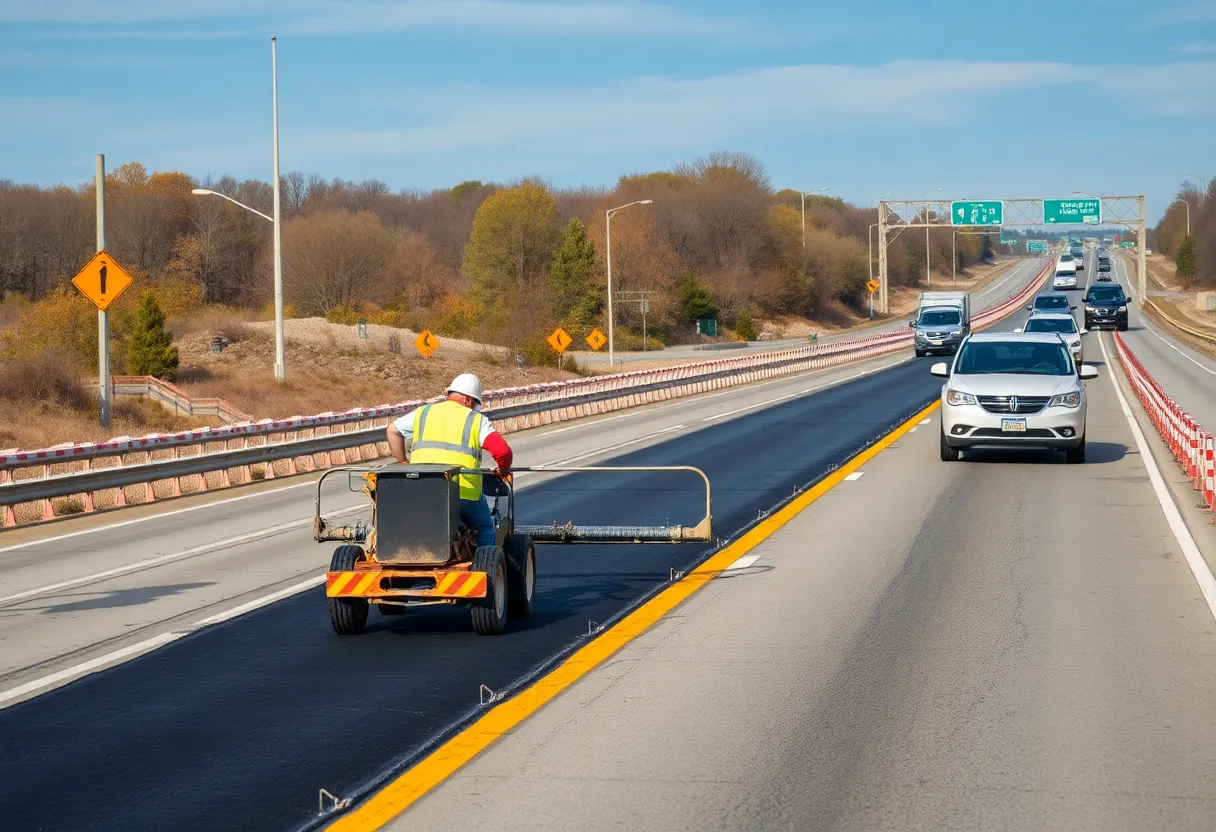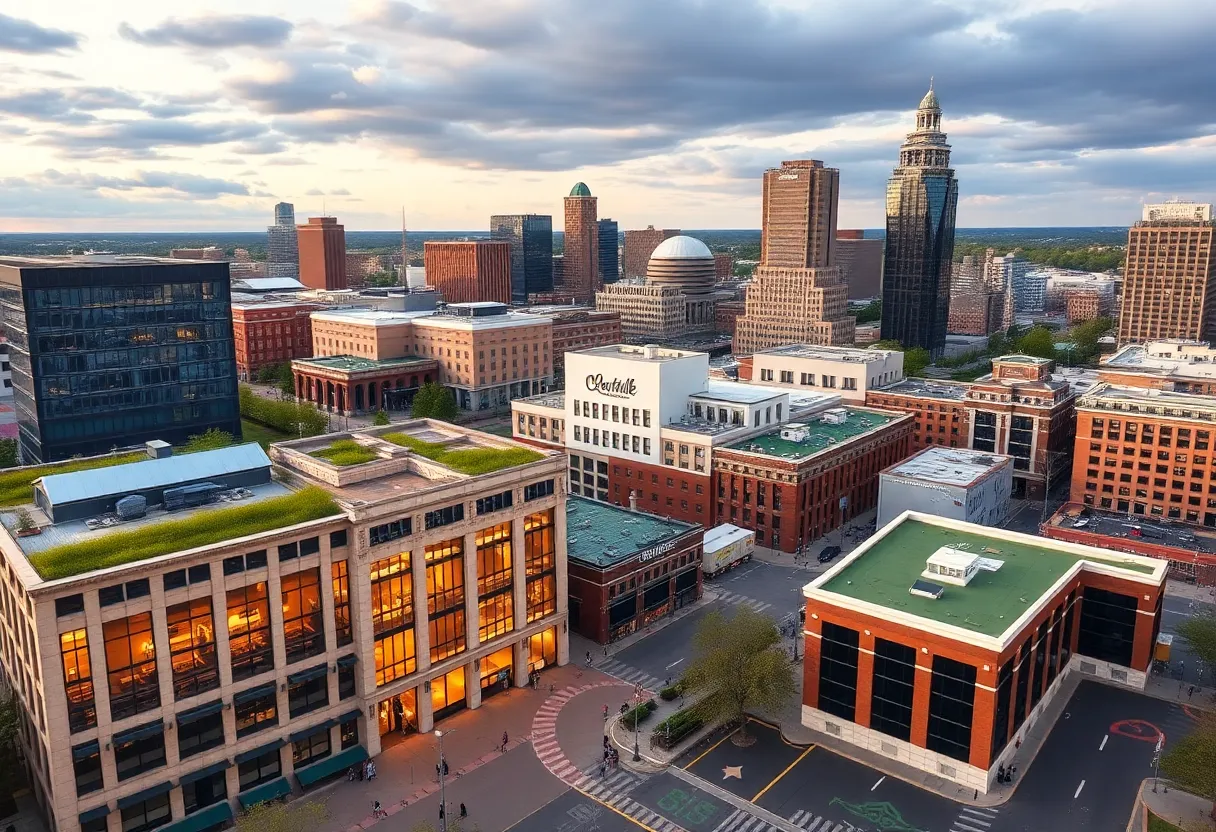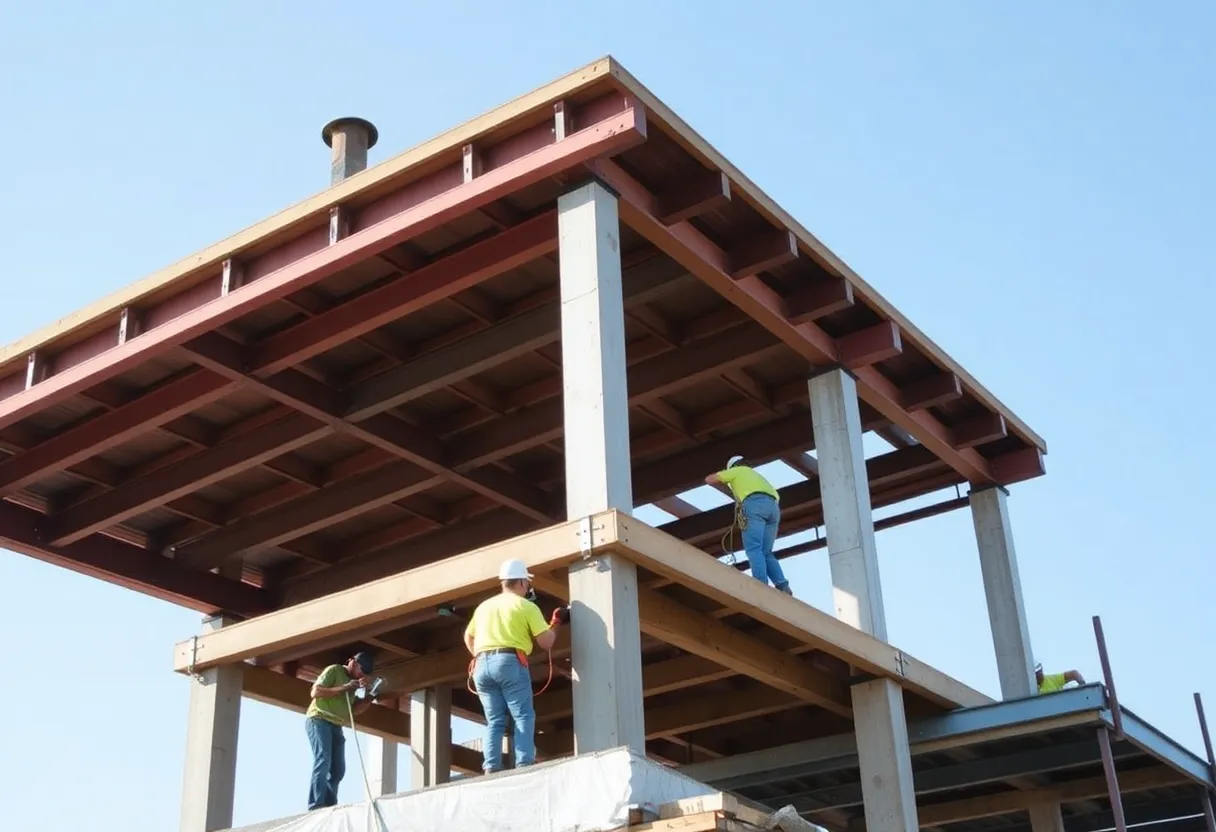News Summary
A recent coastal storm in Atlantic City is reshaping construction practices as builders introduce flood-resistant designs to mitigate risks. With safety a priority, renovations now include elevated electrical systems and stronger boardwalk reinforcements. New local ordinances mandate updated blueprints that incorporate higher foundations and permeable pavements, reflecting a commitment to sustainable and resilient urban planning. Environmental groups laud these changes as beneficial for addressing climate-related challenges, signaling a shift in how construction practices adapt to coastal vulnerabilities.
Atlantic City, New Jersey: Coastal Storm Influences Construction Adaptations
In Atlantic City, New Jersey, a recent coastal storm as of October 13, 2025, is significantly altering construction activities in southern regions due to flooding threats. Builders are adjusting project plans to mitigate risks from the storm’s impacts, prioritizing safety and resilience in ongoing developments.
The storm’s three rounds of high tides are prompting immediate changes, such as elevating electrical systems in hotel renovations to prevent water damage. This adaptation ensures that critical infrastructure remains functional during potential floods. Emergency reinforcements are also being applied to boardwalks, helping to maintain structural integrity amid rising waters.
Local ordinances now require updated blueprints that incorporate flood-resistant designs, including higher foundations and permeable pavements. These measures aim to reduce the long-term effects of flooding on new and existing projects. As a result, construction teams are focusing on these updates to comply with regulations and enhance durability.
Environmental groups have noted the positive shift toward green infrastructure, viewing it as a step forward in addressing climate-related challenges. Workers are receiving training in storm response protocols, which helps maintain project continuity even during adverse weather. This training emphasizes quick adaptations to keep schedules on track while minimizing disruptions.
This situation underscores the vulnerability of southern New Jersey to such events, leading to increased investments in resilient urban planning. By integrating these strategies, the region is working to build more sustainable communities that can withstand future storms.
In broader terms, the storm’s influence extends to how construction practices are evolving. For instance, elevating electricals not only protects specific sites like hotels in Atlantic City but also sets a precedent for other coastal areas facing similar risks. The use of permeable pavements allows water to drain more effectively, reducing the strain on local drainage systems during heavy rains.
Background context reveals that southern New Jersey has long dealt with coastal vulnerabilities, making events like this storm a catalyst for change. The region’s exposure to high tides and flooding has historically affected infrastructure, but recent efforts are spurring a focus on preventive measures. By requiring higher foundations, local authorities are addressing the need for elevated structures that can better resist water intrusion. This episode highlights how weather events are driving investments in resilient urban planning, potentially influencing construction standards across the area.
Overall, these adjustments demonstrate a proactive approach to construction in the face of environmental challenges. The emphasis on training workers ensures that projects can proceed with minimal interruptions, fostering a more adaptable industry. As southern New Jersey continues to experience such threats, these changes could lead to more robust and environmentally conscious developments in the future.
The ongoing hotel renovations in Atlantic City serve as a key example, where builders are implementing these flood-resistant features to safeguard against the storm’s effects. This not only protects investments but also supports the local economy by maintaining tourism-related infrastructure. The storm’s three rounds of high tides have accelerated the need for these reinforcements, showing how immediate weather events can reshape long-term planning.
Environmental groups are praising the move toward green infrastructure as a beneficial outcome, as it promotes sustainable practices that align with broader ecological goals. With workers trained in storm response, the construction sector in southern New Jersey is better equipped to handle emergencies, ensuring that projects remain on schedule despite challenges.
The focus on resilient urban planning is a direct response to the area’s vulnerability, encouraging investments that could prevent future damage. By summarizing these efforts, the article highlights the interconnectedness of weather, regulations, and construction practices in coastal regions.
In summary, the coastal storm as of October 13, 2025, is reshaping construction in southern New Jersey, with adaptations like elevated electricals and updated blueprints playing a crucial role in enhancing safety and sustainability.
Key Impacts on Construction
- Elevating electricals in hotel renovations to avoid water damage.
- Reinforcing boardwalks against high tides.
- Updating blueprints with higher foundations and permeable pavements.
- Training workers for storm response to ensure project continuity.
- Increasing investments in resilient urban planning due to regional vulnerability.
This article expands on the developments in southern New Jersey, drawing from recent events to provide a comprehensive overview. The information reflects the latest adaptations as reported in related updates.
FAQ Section
Frequently Asked Questions
- What is influencing construction in southern regions?
- New Jersey’s coastal storm is influencing construction in southern regions, where flooding threats are reshaping project plans as of October 13, 2025.
- How are builders responding in Atlantic City?
- In areas like Atlantic City, builders are elevating electricals in ongoing hotel renovations to prevent water damage. The storm’s three rounds of high tides are prompting emergency reinforcements on boardwalks.
- What do local ordinances require?
- Local ordinances require updated blueprints for flood-resistant designs, incorporating higher foundations and permeable pavements.
- What do environmental groups say about the changes?
- Environmental groups praise the shift toward green infrastructure.
- What does this episode highlight?
- This episode highlights southern NJ’s vulnerability, spurring investments in resilient urban planning.
Key Features Chart
| Feature | Description | Benefit |
|---|---|---|
| Elevated Electricals | Raising electrical systems in hotel renovations | Prevents water damage during floods |
| Emergency Reinforcements | Strengthening boardwalks against high tides | Maintains structural integrity |
| Higher Foundations | Incorporated in updated blueprints | Reduces flood risk for buildings |
| Permeable Pavements | Used in flood-resistant designs | Allows water to drain, minimizing flooding |
| Worker Training | Storm response protocols | Ensures project continuity and safety |
Deeper Dive: News & Info About This Topic
Construction FL Resources
AI and Open Access to Building Codes Enhance Climate Resilience
Charleston Port Enlargement Project Begins
Riverchase Redevelopment Project Advances Infrastructure in Birmingham
Charleston Approves Waterfront Residential Complex
Groundbreaking for New Public Schools in Jackson, Mississippi
Dania Beach Development Project Sparks Environmental Concerns
Iridium Development Inc Plans Elevated Homes to Combat Flood Risks in Florida
Author: Construction FL News
The FLORIDA STAFF WRITER represents the experienced team at constructionflnews.com, your go-to source for actionable local news and information in Florida and beyond. Specializing in "news you can use," we cover essential topics like product reviews for personal and business needs, local business directories, politics, real estate trends, neighborhood insights, and state news affecting the area—with deep expertise drawn from years of dedicated reporting and strong community input, including local press releases and business updates. We deliver top reporting on high-value events such as the Florida Build Expo, major infrastructure projects, and advancements in construction technology showcases. Our coverage extends to key organizations like the Associated Builders and Contractors of Florida and the Florida Home Builders Association, plus leading businesses in construction and legal services that power the local economy such as CMiC Global and Shutts & Bowen LLP. As part of the broader network, including constructioncanews.com, constructionnynews.com, and constructiontxnews.com, we provide comprehensive, credible insights into the dynamic construction landscape across multiple states.





